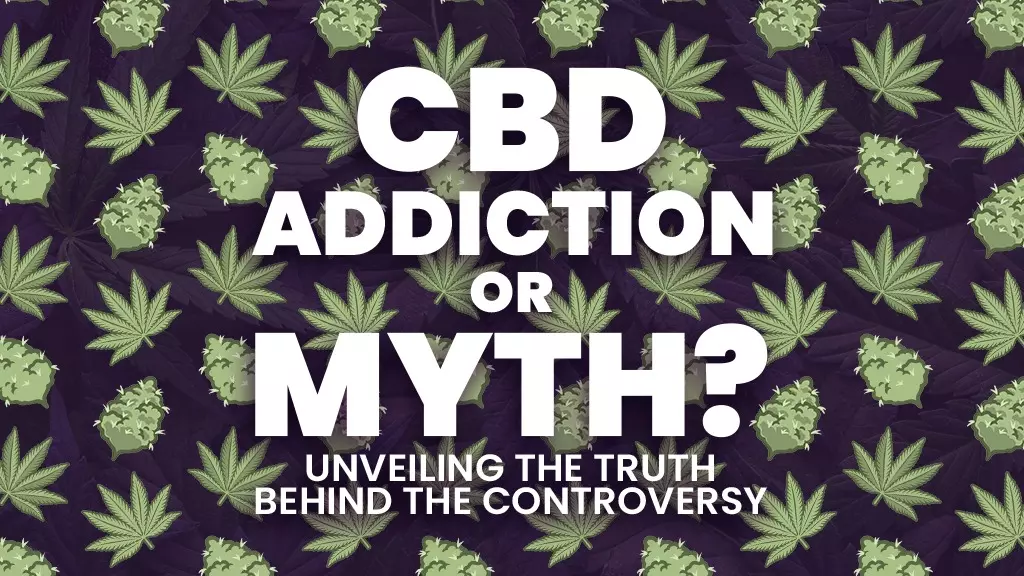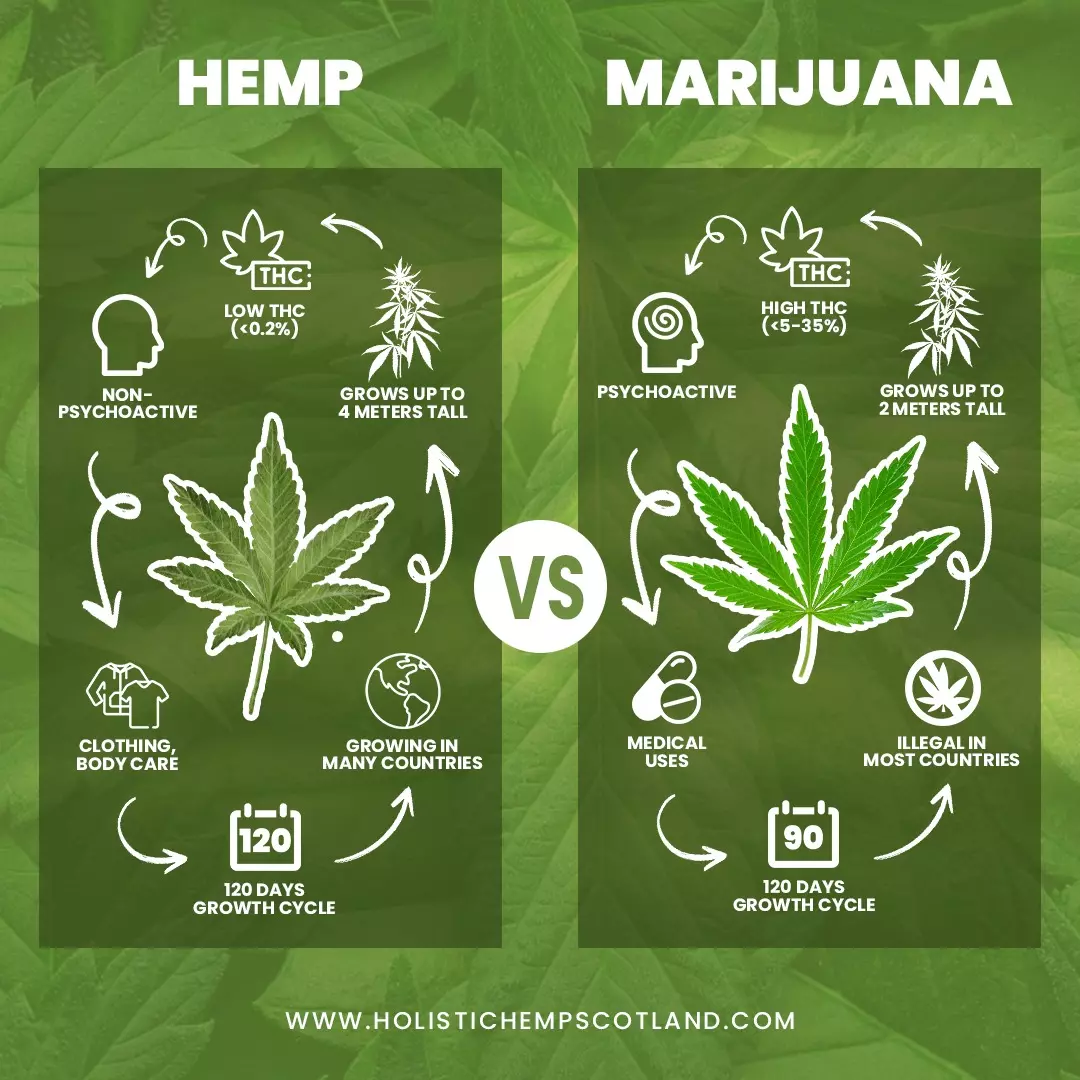Recent Posts
Post Catagories

Because marijuana can be addictive, particularly when it is used heavily and at high doses, you might wonder if CBD addiction is also possible. CBD (cannabidiol) is one of the many compounds found in cannabis. Products containing CBD have grown in popularity in recent years
Consistency is essential when utilising CBD (such as CBD Oils), since it enables users to get the outcomes they want. Because of its connection to the cannabis plant, this may cause some people to think that CBD is addictive. This article examines the potential for addiction to CBD, the variations throughout cannabis plants, and the motivations behind CBD use as reported by our customers.
Characteristics Of Addiction
A compulsive drive to use a substance and an inability to stop using it in spite of negative effects are the definition of drug addiction.
The pleasure centres of the brain are impacted by substances that cause dependency and addiction, which frequently results in the urge to use the substance in order to prevent withdrawal symptoms. In many situations, users may also need to take ever larger doses of a drug to maintain the same euphoric benefits.
When administered, THC enters the circulation and binds to endocannabinoid receptors in the brain, which are located in regions linked to movement, pleasure, memory, and thinking.
Can People Develop An Addiction To CBD?
The simple response to the frequently asked question “Is CBD addictive?” is unequivocally “no.” Despite the fact that many customers find CBD products to be beneficial, CBD is not an addictive drug. There are no euphoric or intoxicated effects of CBD. This implies that it is unable to provide the “high” that THC does, which some marijuana users find to be addictive.
One well-known cannabinoid that has euphoric, mind-altering effects is THC. It binds to brain regions associated with pleasure via binding to endocannabinoid receptors. Though people frequently confuse the two ideas due to their similar associations with the cannabis plant, this is quite distinct from how CBD interacts with the endocannabinoid system.
Addiction is not a result of the way CBD interacts with the body’s endocannabinoid system. All over the body, including the central nervous system, are receptors for the endocannabinoid system. Although CBD doesn’t directly bind to these receptors, it does interact with them in some way. Indeed, it is believed that CBD lessens the rate at which the body breaks down the endocannabinoids it naturally creates.
Legal CBD products may include trace levels of THC up to the 0.2% legal limit, but not enough to have any addictive or psychoactive effects. In actuality, there is no proof that any kind of authorised CBD product is addictive.
What Leads To The Widespread Misperceptions Regarding CBD?
Many widespread myths exist regarding CBD, including the ideas that it is illegal, addictive, and that it makes you euphoric. These false beliefs are all related to CBD’s ancestry within the cannabis plant family. Many people who hold these false beliefs are unaware of the distinctions between marijuana, hemp, and cannabis.
Since hemp and marijuana are members of the cannabis plant family, cannabis is the parent plant. Hemp naturally contains a high concentration of CBD and very low levels of THC, whereas marijuana normally has a high THC content and a low CBD value. Legal CBD products in the UK must be taken from industrial hemp plants, even though CBD can be extracted from both plants and is the same cannabinoid regardless of where it comes from.
This distinction implies that the plant used to extract CBD for products sold in the UK is not the same as the marijuana, or “weed,” that people use to get “high.” Although many people think the phrases cannabis, hemp, and marijuana are identical, knowing the distinctions between them can highlight how different CBD products are from marijuana sold on the streets. It’s also critical to comprehend the distinctions between synthetic and natural CBD, which are discussed in one of our articles.
Who Shouldn’t Take CBD
Epidiolex use has been connected to medication interactions and liver issues in certain studies.
While these problems can be resolved when using a prescription drug under a doctor’s supervision, self-administered CBD has the risk of having similar negative effects, especially since it can be challenging to tell how much CBD is actually included in many products.
Read More About When Should You Not Use CBD? Understanding The Limitations And Risks
Key Takeaways
These are the main things to keep in mind:
- You cannot develop a addiction to CBD, but that doesn’t mean that it is right for everyone.
- Rather than attaching itself to receptors, CBD is believed to stop endocannabinoids from being broken down.
- A “high” is not produced by CBD.
- The plant used to make legal CBD products in UK is hemp, not the same plant that individuals use to get “high” on the streets.


